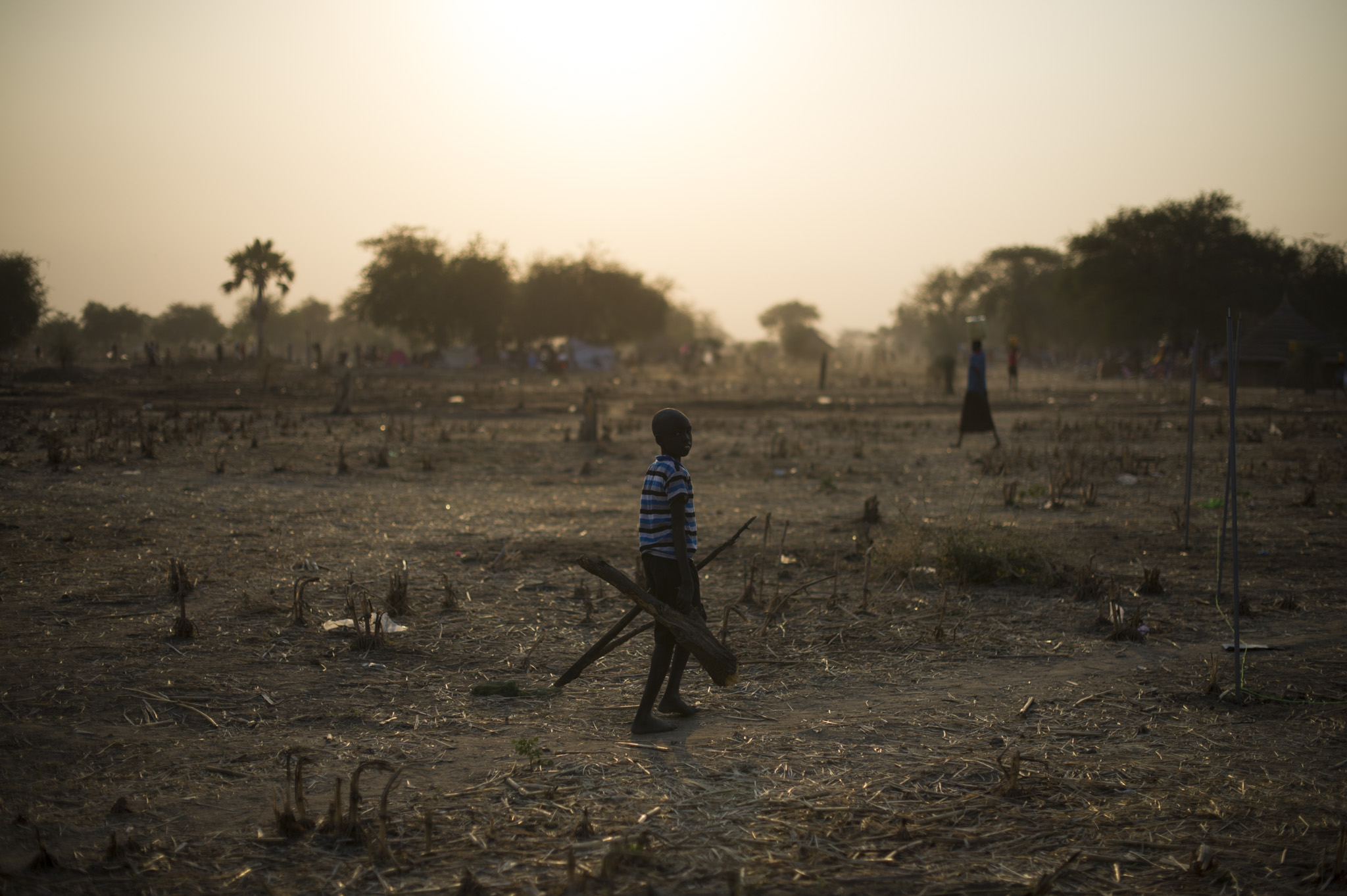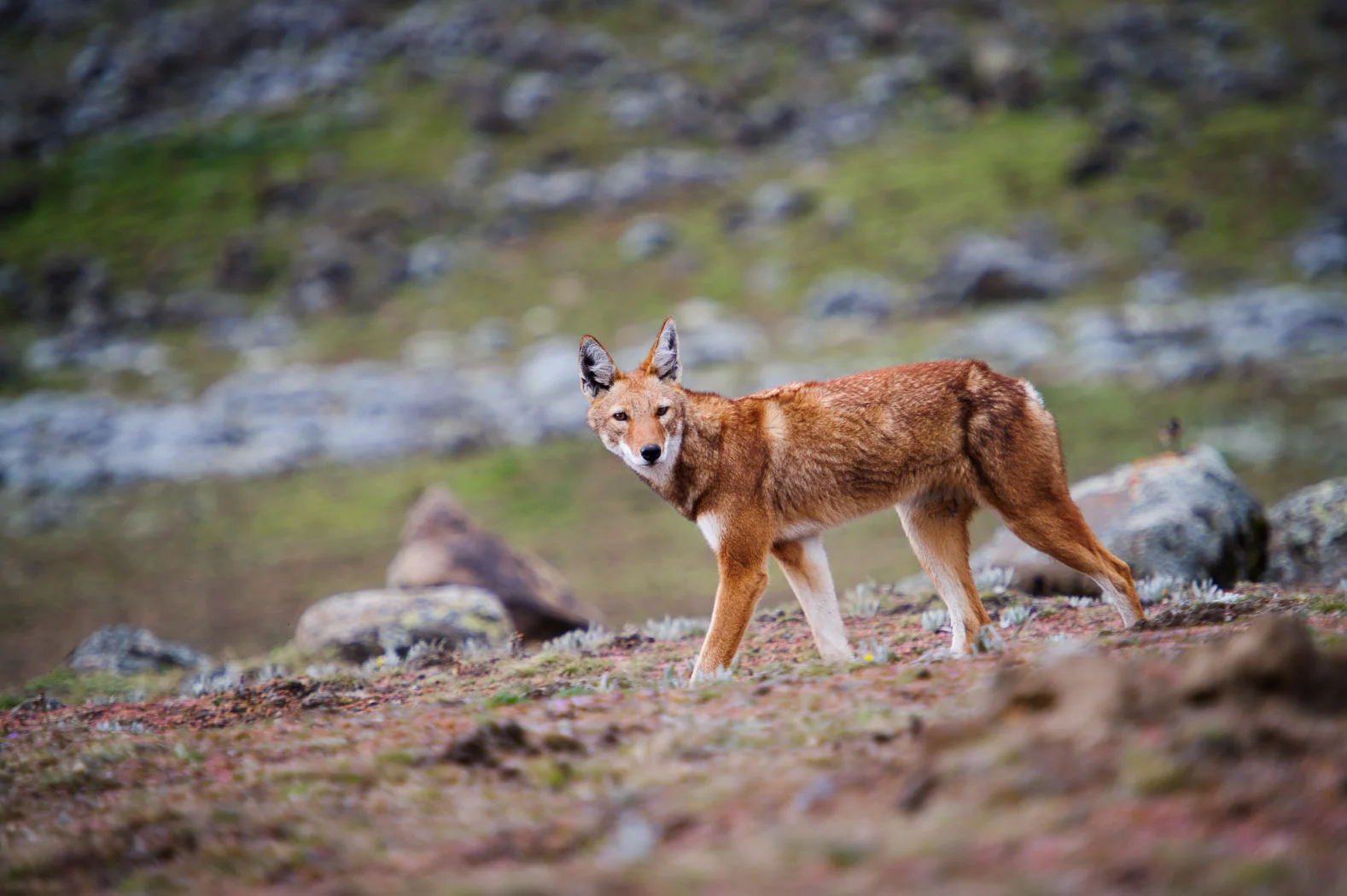


Editorial
Editorial
Editorial
Burundi, a small, poor, land-locked nation in the heart of Central Africa, descended into chaos in April 2015, after incumbent President Pierre Nkurunziza launched his bid for a third-term—something the opposition claim is anti-constitutional. Street protests were violently suppressed and since a failed coup in May, a string of grenade attacks and assassinations have gripped the capital.
Over half a million people had come to Europe in the first ten months of 2015, many fleeing war and persecution in the Middle East, South East Asia, and Africa. As the European Union debated its response to the influx in September, nation states at the edges of the E.U. enacted policies that bounced streams of people around bottlenecked borders.
Bolivia recently became the first—and only—country in the world to legalise child labour for children as young as ten, contravening international regulations in an attempt to find a local solution to a global phenomenon. The children in this story are amongst the 850,000 Bolivian child workers who are trying to reconcile their families' immediate economic needs and their own ambitions. Spurred on by success stories of former child workers who have enrolled themselves in university and started their own businesses, they are the heralds of a country striving to show the world an alternative path to development.
Farmers in Somalia say that they have not had rain for nearly two years. The whole region has been hit by a drought, the like of which has not been seen for 60 years. Four regions in Somalia have been declared as in a state famine. Thousands have fled their homes—and their decimated livelihoods—in Somalia, either seeking refuge in population centres such as Mogadishu, or crossing the border to Kenya and Ethiopia.
Keep scrolling for reportage »

Reportage
Reportage
Decades of conflict, corruption, and neglect by the state has scarred the east of the Democratic Republic of Congo, fuelled by a lucrative artisanal mineral trade. Money flows to few, bypassing state coffers to the detriment of schools, hospitals, and other services. Civilians are left to fight for their survival against militia and officials alike.
Puntland, a semi-autonomous region of Somalia, has avoided some of the worst battles of Somalia's two-decade long civil war, but populations here are still precarious. Many people live as traditional pastoralists, migrating with their livestock across the often arid countryside. Their animals are their savings, and drought or disease can ruin them.




























